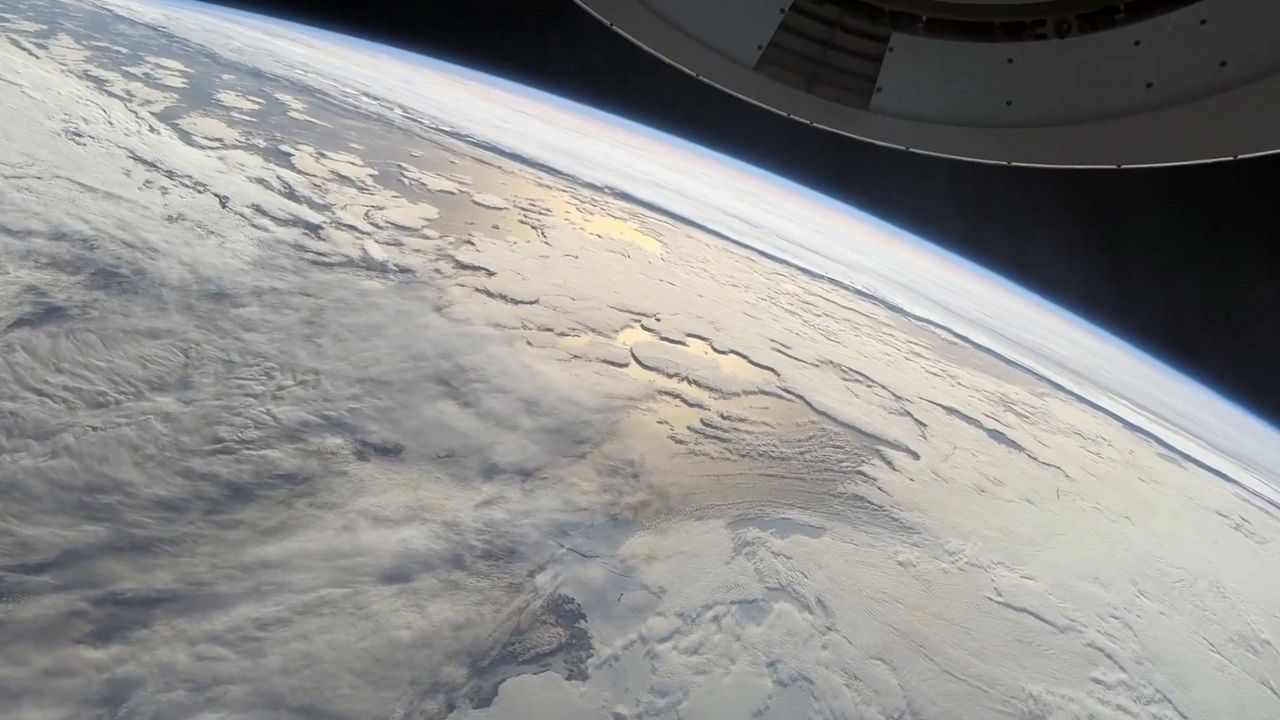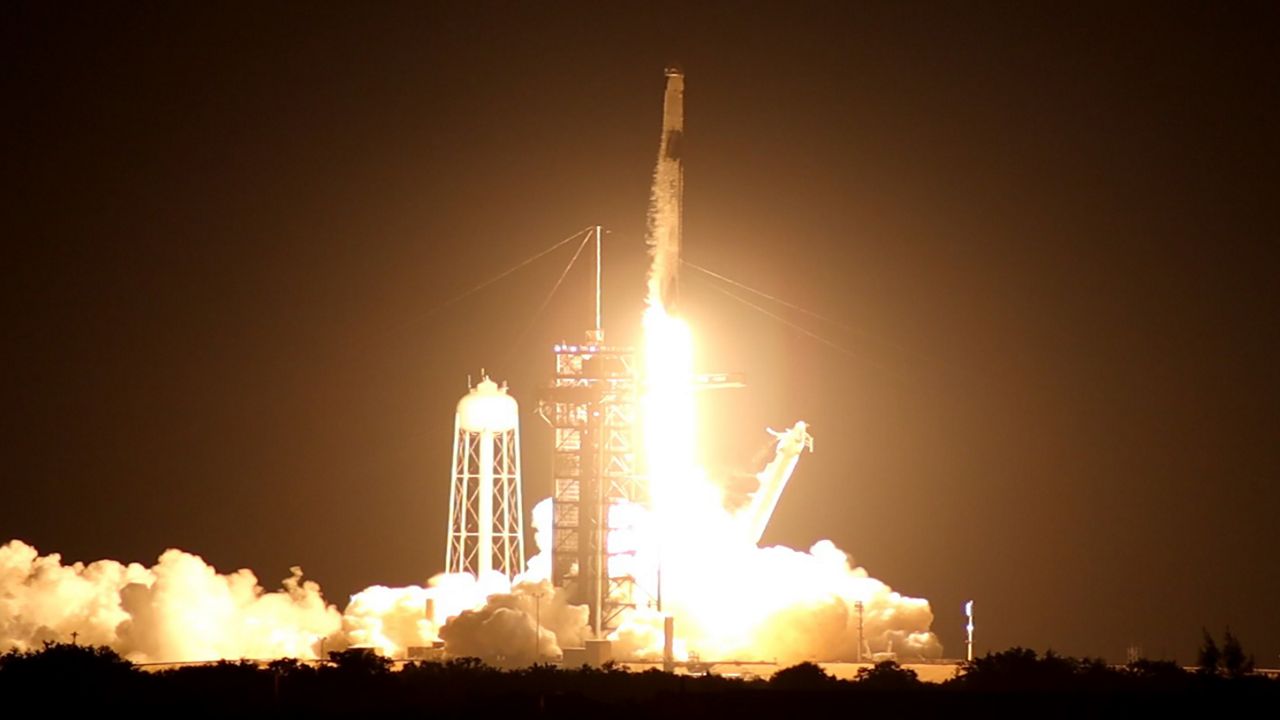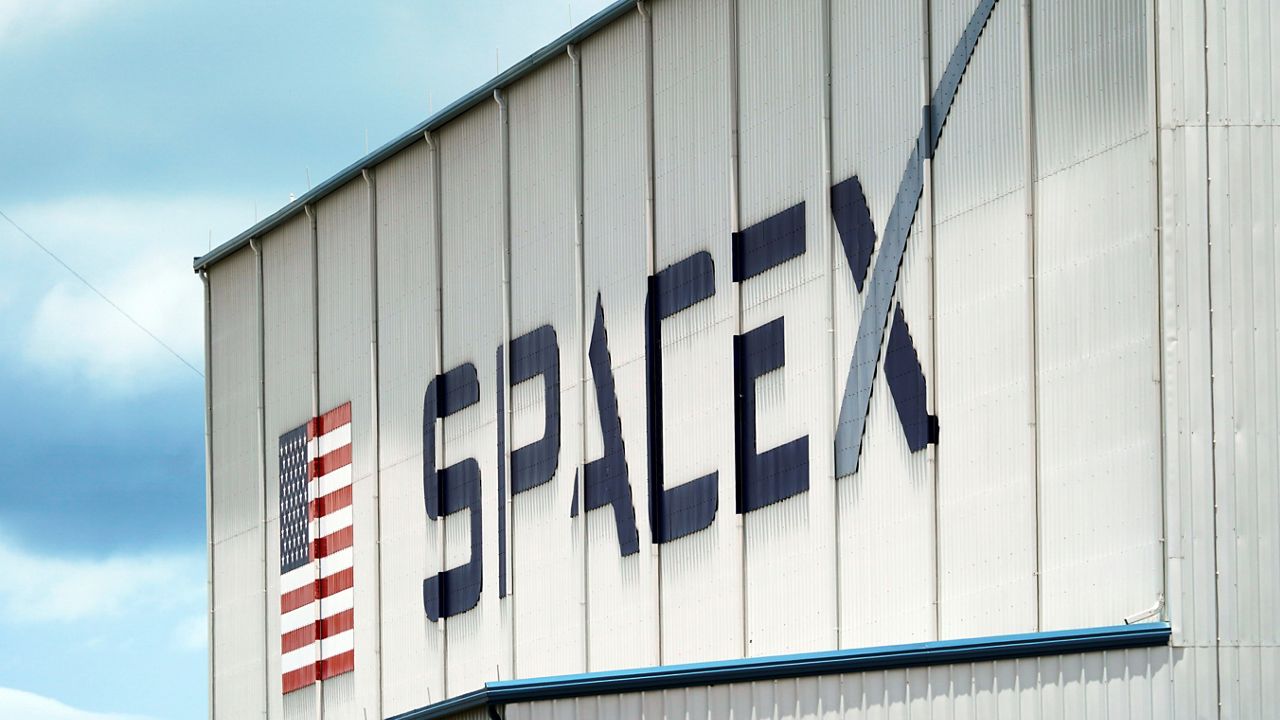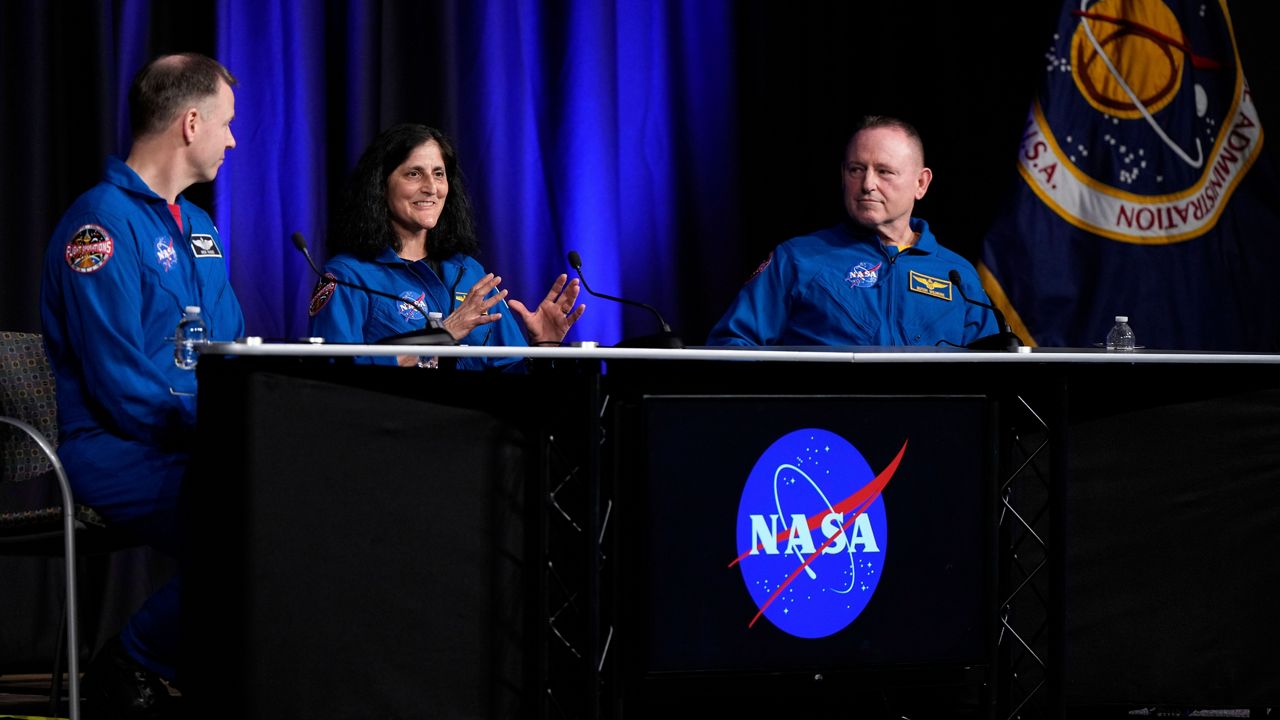CAPE CANAVERAL SPACE FORCE STATION, Fla. — United Launch Alliance (ULA) is making its preparations for its upcoming Atlas V launch at Cape Canaveral Space Force Station, the rocket’s final national security mission.
The USSF-51 mission marks the final national security launch for an Atlas V rocket as ULA transitions to the next generation Vulcan rocket for continued access to space.
Ground crews are gearing up for what they are calling a bittersweet moment.
“This is the final Space Force Atlas V launch and it’s one of the most critical payloads that we’ve put out to date, I’d say,” said Gary Wentz, vice president of ULA’s Government and Commercial Programs.
The Atlas V is the last major variant in the Atlas launch vehicle family. It was first used for the National Security Space Launch (NSSL) program on March 9, 2007.
The history of the Atlas family dates to 1957 with 682 total reported launches.
Because this is a classified mission, there are little details as to what the mission will entail but an official says this mission is very important.
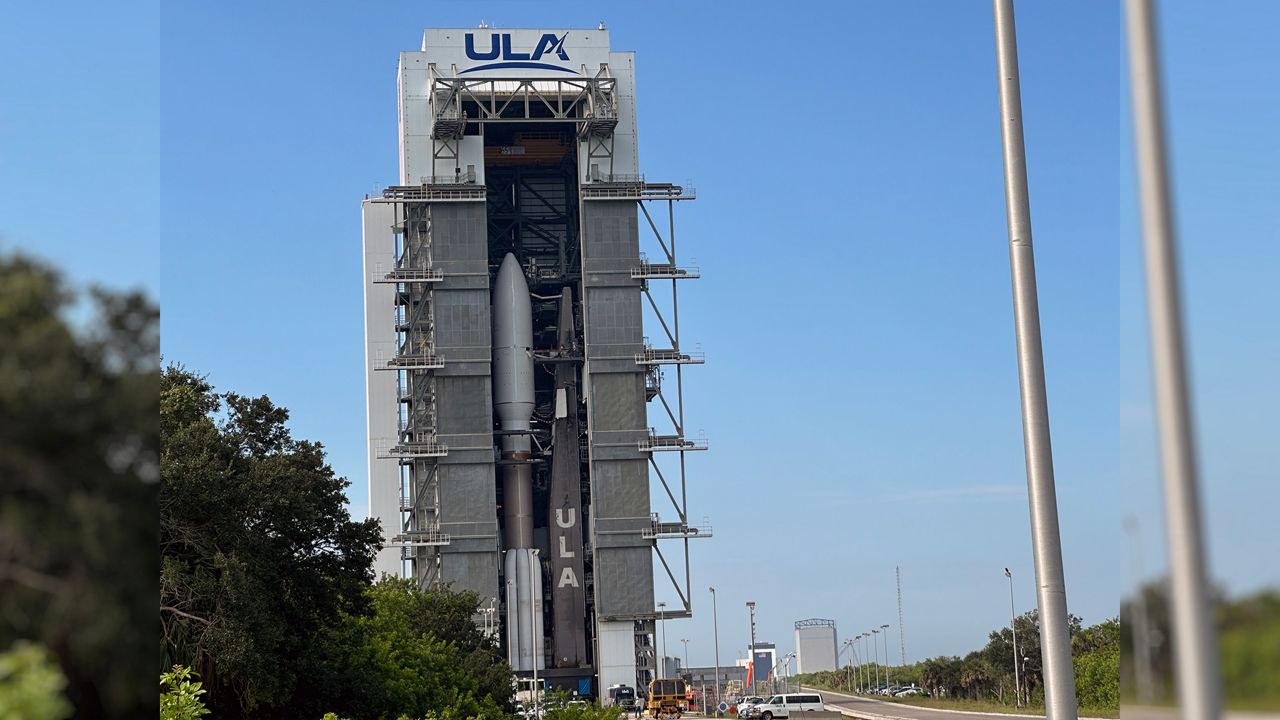
“There are fielding capabilities in space that threaten our ability to operate freely in that domain and provide the critical services that we provide to folks here on Earth, whether that be a position, navigation timing services in the entire world,” said Col. James T. Horne, Senior Materiel Leader at Launch Execution Delta.
Although this is the last from the NSSL program, an additional 15 commercial and non-defense missions, including crewed launches, are planned for the Atlas V. NSSL also anticipates employing the Vulcan system upon completion of the certification process.
“To take all that we know from the model, all of the qualifications, all that testing that we’ve done and make sure there are no surprises, that’s really what we’re looking for in Cert 2 is to make sure there are no surprises. And it’s well bounded by our experiences and qualification knowledge, and that really does set the stage for us as into those Vulcan launces to go forward with confidence everything is looking good at this point, and we’re not done until we’re done,” said Dr. Walt Lauderdale, mission director for USSF-51.
The launch is scheduled for Tuesday, July 30, at 6: 45 a.m. ET, with a three-hour window.
The launch will be livestreamed on ULA’s website at approximately 30 minutes ahead of liftoff.






